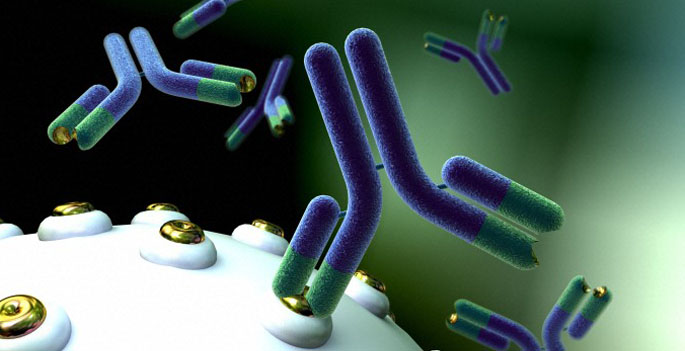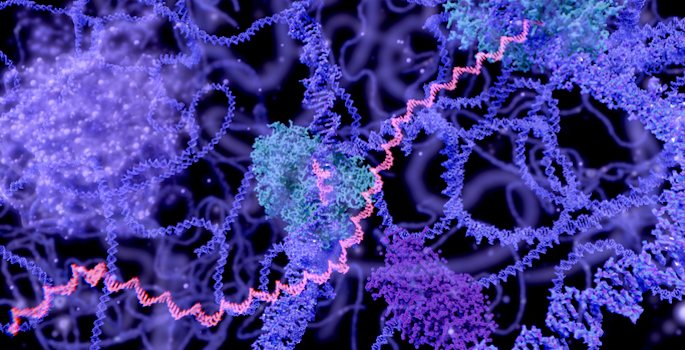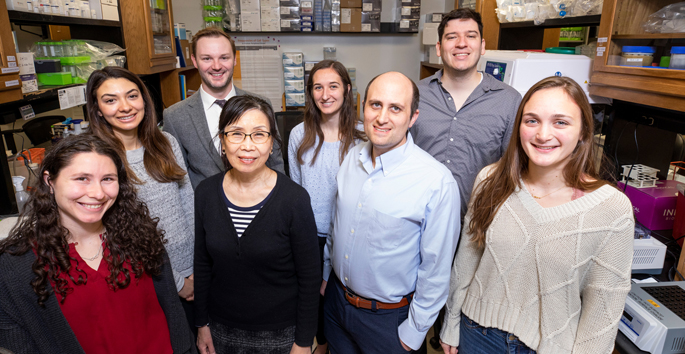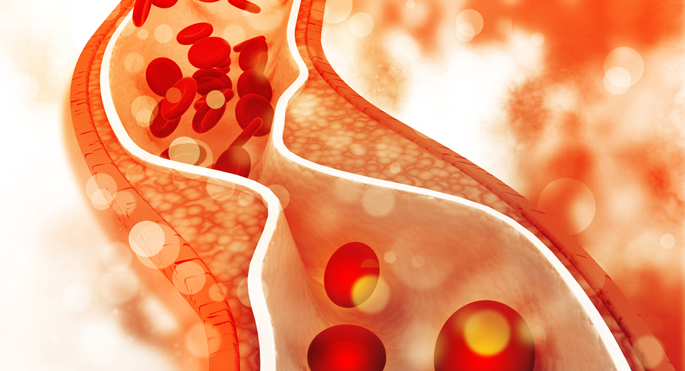Featured-Reporter
-

Large, diverse genetic study of glaucoma implicates vascular and cancer-related genes
An international genetic study using multiancestry biobanks has identified novel genetic locations associated with primary open-angle glaucoma, the most common type of glaucoma and the leading cause of irreversible blindness globally. Read MoreFeb 21, 2024
-

VUMC part of major step to achieving precision medicine
An analysis of genomic data from nearly 250,000 participants in the National Institutes of Health’s All of Us Research Program has identified more than 275 million previously unreported genetic variations, nearly 4 million of which have potential health consequences. Read MoreFeb 19, 2024
-

Gut microbiota metabolite protects against obesity: study
Vanderbilt researchers have discovered that beneficial bacteria in the small intestines produce a compound that protects against obesity. Read MoreDec 8, 2023
-

VUMC scientists discover key step to kidney fibrosis
Researchers at Vanderbilt University Medical Center for the first time have shown that activation of the epidermal growth factor receptor (EGFR) is essential for the development of kidney fibrosis, tissue scarring following injury that can lead to kidney failure. Read MoreNov 21, 2023
-

Most can lower blood pressure by reducing salt, even those on BP drugs: study
New research shows nearly everyone can lower their blood pressure, even people currently on blood pressure- reducing drugs, by lowering their sodium intake. Read MoreNov 13, 2023
-

Releasing a brake that drives obesity and diabetes
Vanderbilt researchers have uncovered a potential new way to help curb the rapidly rising worldwide prevalence of metabolic disorders, including obesity and diabetes. Read MoreSep 6, 2023
-

VUMC, Oxford team develops ‘blueprint’ to block lethal virus
Researchers at Vanderbilt University Medical Center and the University of Oxford have determined how a human monoclonal antibody isolated at Vanderbilt in 2021 can prevent infection by the potentially lethal Sin Nombre virus. Read MoreJun 22, 2023
-

Enhanced treatment helps fast nicotine metabolizers quit smoking
A study from Vanderbilt researchers has found that enhanced treatment support can help smokers who have more difficulty quitting because they are fast metabolizers of nicotine. Read MoreJun 8, 2023
-

Study details RNA editing in virus-infected cancer cells
Vanderbilt researchers detail the landscape of RNA editing — a form of RNA modification — in primary effusion lymphoma cells during Kaposi’s sarcoma-associated herpesvirus infection and identify an edited viral microRNA that is critical for infection. Read MoreApr 20, 2023
-

Study evaluates polygenic risk score for prostate cancer risk prediction
A Vanderbilt study found that prostate cancer polygenic risk score has limited utility for enhancing prostate cancer screening. Read MoreMar 16, 2023
-

Study finds chronically disrupted sleep may increase risk for heart disease
Vanderbilt research found that sleep irregularity — chronically disrupted sleep and highly variable sleep durations night after night — may increase the risk for atherosclerosis. Read MoreFeb 15, 2023
-

Team’s imaging strategy enhances lipedema treatment
A collaborative team at Vanderbilt is transforming the diagnosis and treatment of lipedema, a debilitating, abnormal deposition of fatty tissue that afflicts an estimated 17 million women in the United States. Read MoreFeb 9, 2023
-

Researchers clarify role of blood cell mutations in disease
Vanderbilt researchers have developed a new method to analyze mutations in blood stem cells that can trigger explosive, clonal expansions of abnormal cells. Read MoreFeb 2, 2023
-

VUMC researchers upend dogma about vasopressin production
Vanderbilt investigators have discovered that vasopressin, which has long been thought to be produced only in the brain, is also produced in the kidney. Read MoreJan 5, 2023
-

Novel therapeutic target identified for chronic kidney disease
Vanderbilt investigators have discovered a molecular mechanism that promotes chronic kidney disease following kidney injury. Read MoreDec 15, 2022
-

Study links excess oxygen during anesthesia to risk of organ injury
A Vanderbilt study found that higher levels of excess oxygen given to patients under general anesthesia add risk of injury to the kidneys, lungs and heart. Read MoreNov 30, 2022
-

Study sheds light on the development of inflammation, high blood pressure and resulting kidney damage.
Researchers at Vanderbilt University Medical Center have found that the change in a single letter of the genetic code promotes, in a mouse model, the development of inflammation, high blood pressure and resulting kidney damage. Read MoreOct 20, 2022
-

Study suggests new mechanism for lipid transporter
A new model suggests that a protein involved in the generation of high-density lipoprotein (HDL) works differently than previously thought. Read MoreSep 15, 2022
-

Studies combine genetic testing, electronic health records to find undiagnosed diseases
Combining genetic testing with information from electronic health records revealed undiagnosed heart rhythm disorders and new conditions associated with inherited cancer gene mutations. Read MoreApr 28, 2022
-

Vanderbilt University, Medical Center reach $1B milestone together in research funding
Faculty at Vanderbilt University and Vanderbilt University Medical Center achieved a significant milestone in 2021: more than $1 billion in research funding awarded from external organizations. Read MoreApr 5, 2022